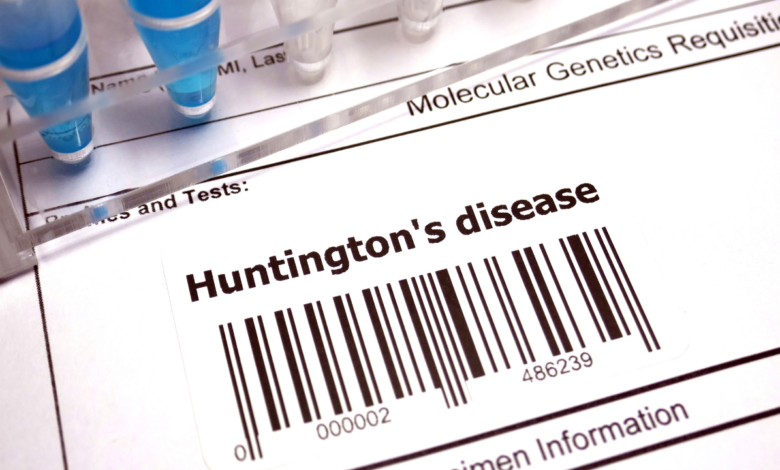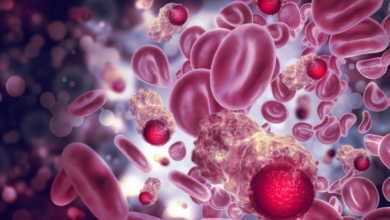Huntington’s Disease Testing

What is Huntington’s Disease Testing?
Huntington’s Disease (HD) testing is a genetic test to determine if a person carries the gene that causes HD. This is a progressive neurodegenerative disorder that affects movement, cognition, and behavior.
Why Huntington’s Disease Testing is required?
HD testing is recommended for:
- Individuals with a family history of HD
- Individuals who are concerned about their risk of developing HD
- Individuals planning to have children
which are the method of Huntington’s Disease Testing?
HD testing typically involves a blood sample. The DNA in the blood is analyzed for the presence of the HD gene mutation
who should go for Huntington’s Disease Testing?
Individuals with a family history of HD should consider genetic testing to assess their risk. It’s important to consult with a genetic counselor to discuss the implications of testing and the potential emotional and psychological impact of the results.
What are the results of Huntington’s Disease Testing?
HD testing can provide one of the following results:
- Positive: The individual carries the HD gene mutation and will develop the disease.
- Negative: The individual does not carry the HD gene mutation and is unlikely to develop the disease.
- Uninformative: The test was unable to provide a definitive result.
What are the components of Huntington’s Disease Testing?
HD testing primarily focuses on identifying the presence of the HD gene mutation. There are no other components specific to HD testing.





